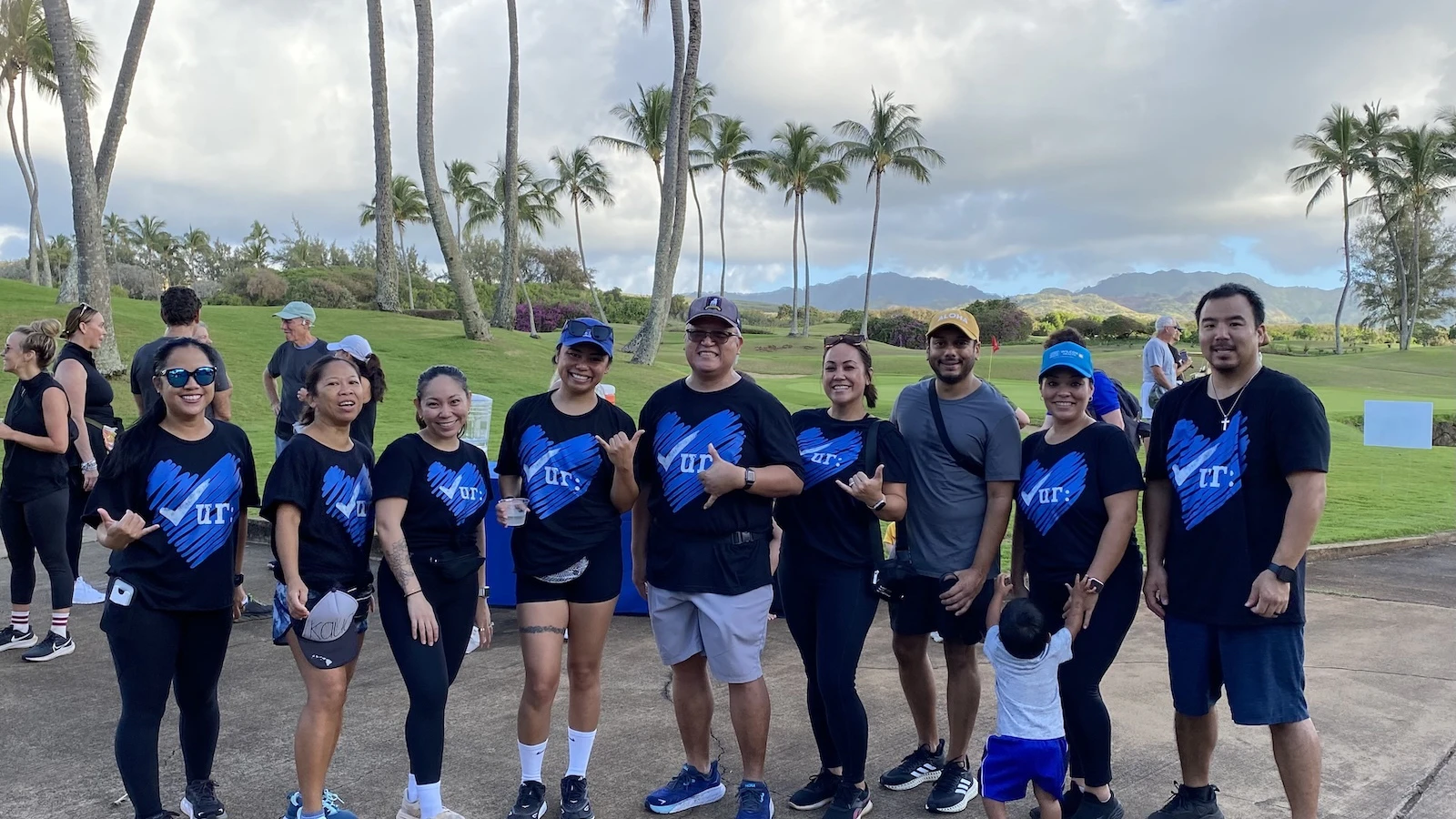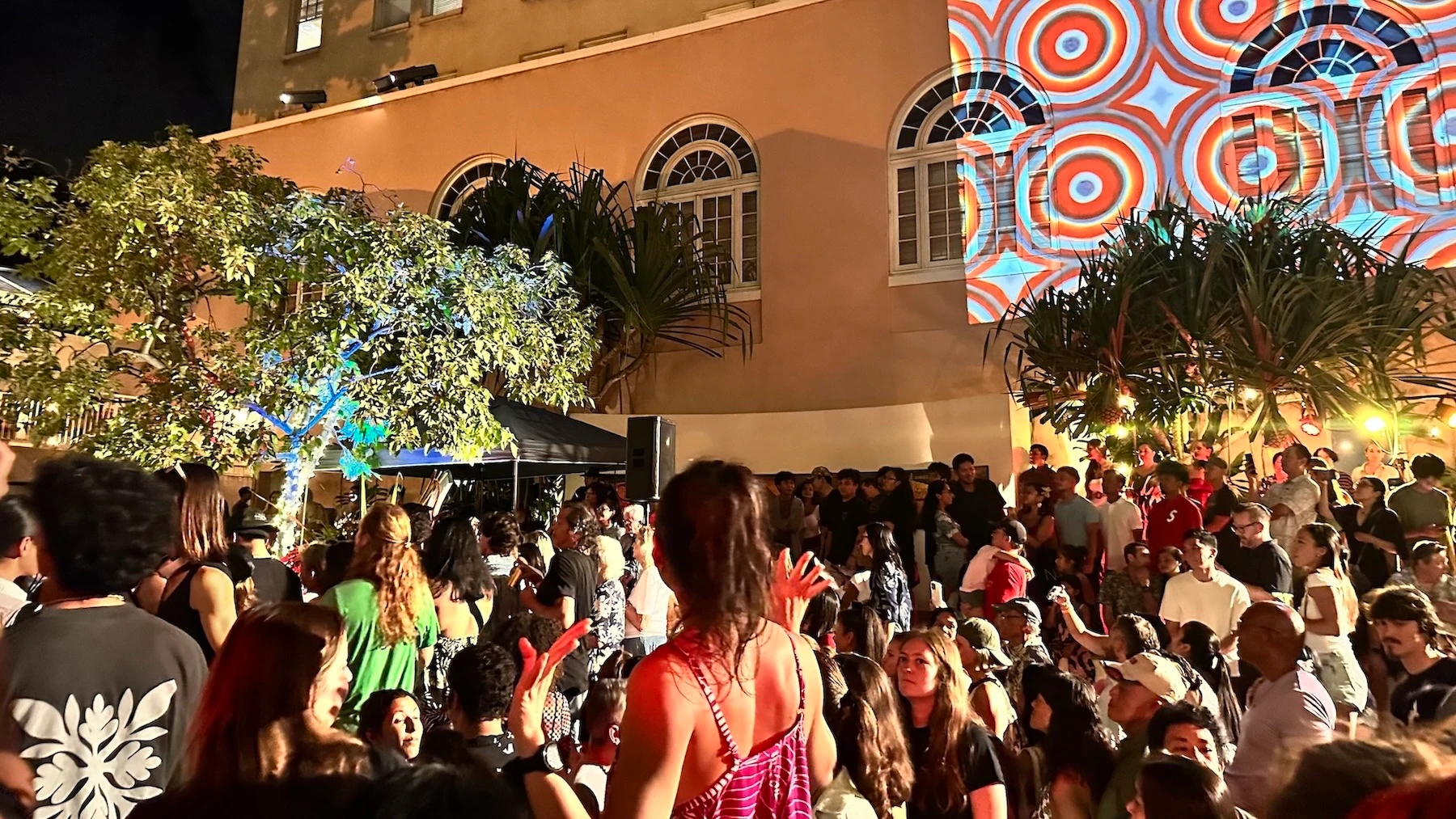In 2012, I wrote an essay called Backyard Kuleana, published in "The Value of Hawai‘i 2: Ancestral Roots, Oceanic Visions," by University of Hawaiʻi Press. It was a call to return to what our ancestors knew: that community and self-reliance aren’t luxuries — they’re survival strategies. I wrote it before wildfires swallowed towns, before the pandemic tested our resilience, and before federal systems started backing away from the very people they were designed to protect. In 2025, those lessons have only become more urgent.
We are living in a moment when the economic ground is shifting beneath our feet — not slowly, but all at once.
Federal funding cuts have gutted programs that fed our keiki, stabilized our kūpuna, and gave working families a fighting chance. Nearly one-third of Hawaiʻi households are food insecure, with 28% of Oʻahu households facing hunger. Among households with children, 29% have at least one food-insecure child. ¹
Twelve million students nationwide are expected to lose access to free school meals. ² You can bet Hawaiʻi, with its high cost of food and remote logistics, will be among the hardest hit. Meanwhile, half of our families are already living paycheck to paycheck. ³ Nearly six in 10 Native Hawaiian households fall under the ALICE threshold — they earn too much to qualify for support, but not enough to survive. ⁴
Roughly one in five Hawaiʻi residents — over 280,000 people — receive Social Security benefits, injecting more than $4.8 billion annually into our local economy. ⁵ And let’s be real: with inflation and cuts, that check doesn’t stretch like it used to. Our young people, our veterans, and our kūpuna are all at risk of falling through the cracks.
Housing support is under siege, too. The federal government is projecting a loss of 32,000 Section 8 housing vouchers nationally. ⁶ Here in Hawaiʻi, where the median rent can eclipse a mortgage, that’s a tsunami warning. In 2024, Hawaiʻi reported 6,389 individuals experiencing homelessness, with Oʻahu accounting for 4,494. The island saw a 12% increase from the previous year, and 62% of its homeless population were unsheltered. ⁷ This is not sustainable.
And the truth is, many of us are only a few missed paychecks, one job cut, one emergency away from being there, too.
So where does that leave us?
It leaves us here. Together. Looking at each other and asking, what now? We cannot wait for someone else to do something. We must do something — because we can, because we should and because we shall.
We begin by returning to our values. Our culture has always known what to do. Aloha is not a branding strategy. It’s a survival technology passed down to us. Mālama ʻāina wasn’t about activism — it was about feeding our families. Hoʻokipa wasn’t a vacation experience — it was how we treated our neighbors. Kōkua wasn’t a buzzword — it was the social fabric.
Let’s translate those values into systems:
- Community gardens in every school and neighborhood
- Tool libraries and timebanks, so we can fix each other’s homes, not just pay someone else to do it
- Shared buying clubs that let five families stretch their dollars farther
- Kūpuna care circles that check-in, cook meals, and give respite
- Fridges on sidewalks, stocked not by policy but by people
These are not idealistic dreams — they’re already happening in pockets across Hawaiʻi. The challenge now is to scale them, connect them, and protect them.
We can do this not just because it helps them — federal workers suddenly furloughed, kūpuna on fixed incomes, our keiki born into a rigged economy — but because we might be next. And when we build the systems that feed, house, and care for others, we build them for ourselves, too.
Let me be clear: this is not about charity. This is about kuleana. About standing in our values when systems collapse. About remembering that the solution has always lived in each other — in our backyards, our kitchens, and our willingness to show up.
We don’t need permission to do this. We just need each other.
And when times get tough, we can choose to lock arms — not gates.
We choose aloha. Because we are Hawaiʻi.
Keone Kealoha is the executive director of Kanu Hawaiʻi, a local nonprofit committed to building a more compassionate, sustainable and resilient Hawaiʻi through community-based action.
References
¹ Hawaiʻi Foodbank. (2024). Hunger in Hawaiʻi: The State of Food Insecurity in 2024–2025. Retrieved from https://hawaiifoodbank.org/food-insecurity/ ² Reuters. (2025, March 11). USDA cuts over $1 billion funding for schools and local food purchases. Retrieved from https://www.reuters.com/world/us/usda-cuts-over-1-billion-funding-schools-local-food-purchases -2025-03-11/
³ Hawaiʻi Appleseed Center for Law & Economic Justice. (2024). High cost of living forces over 50% of Hawaiʻi households to live paycheck to paycheck. Retrieved from https://hiappleseed.org/press-releases/hawaii-low-wages-cost-of-living-strain-society-local-economy
⁴ Aloha United Way. (2024). ALICE in Hawaiʻi: 2024 Report. Retrieved from https://www.auw.org/alice-in-hawaii-2024-report
⁵ Social Security Administration. (2024). Annual Statistical Supplement to the Social Security Bulletin, 2023. Retrieved from https://www.ssa.gov/policy/docs/statcomps/supplement/
⁶ National Low Income Housing Coalition. (2024). Federal Housing Budget Analysis: FY25 Impacts on Housing Choice Vouchers. Retrieved from https://nlihc.org/resource/federal-government-risk-partial-shutdown-midnight-tonight-take-action
⁷ Hawaiʻi Health Data Warehouse. (2024). 2024 Homeless Point in Time Count Summary. Retrieved from https://hhdw.org/na-2024-homeless-point-in-time-counts/





